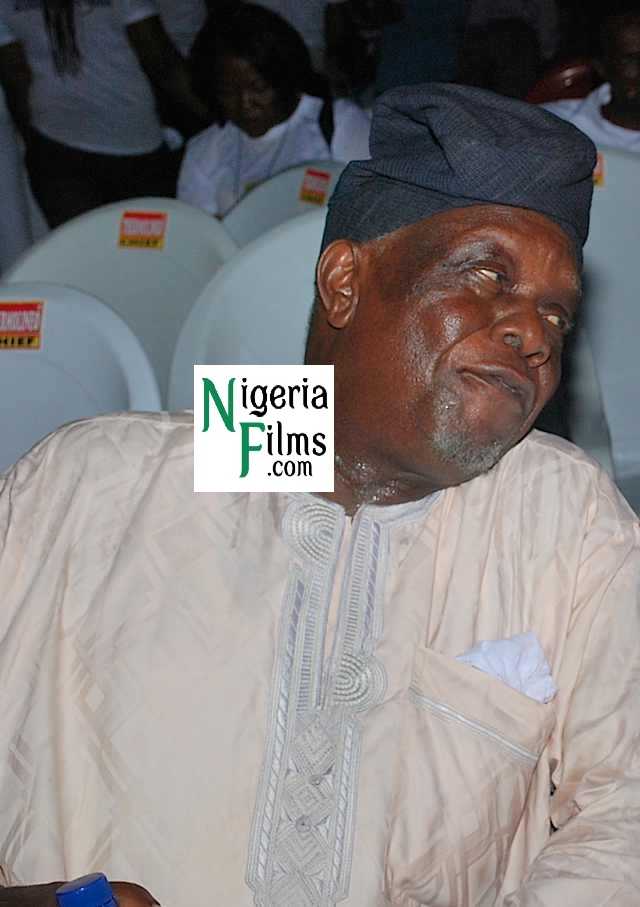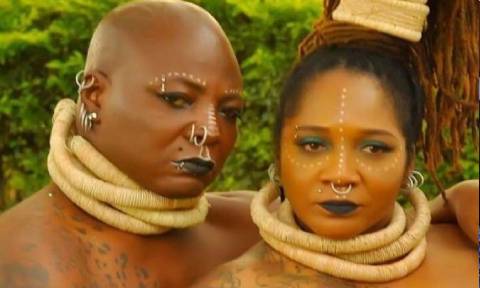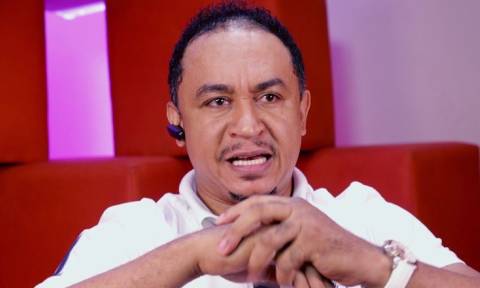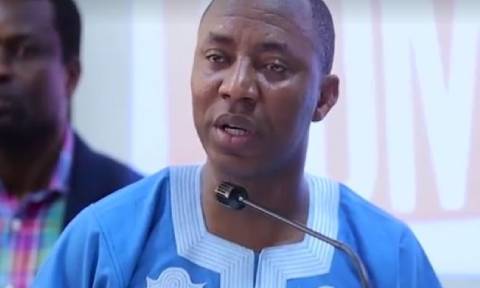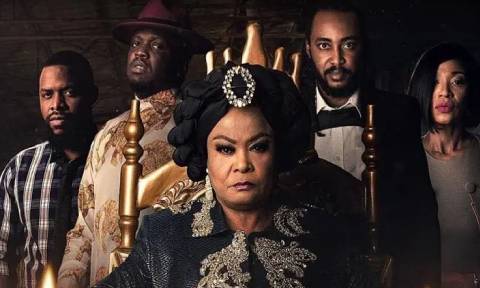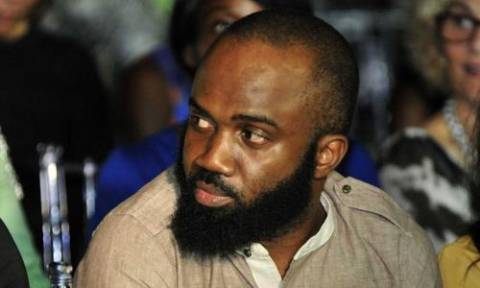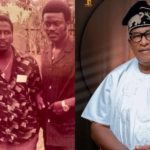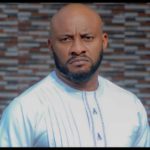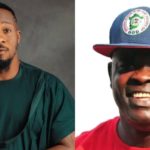Nigerian politics is a very complicated topic, but, it is not entirely different from world politics, which is often plagued by partisanship and sectionalism. Nigerian politics is unique however, because it brings into play so many factors, a few of which includes individual interests, geographic factors, religion and a host of other trivial issues. Politics is an integral part of democracy, and in order for us to achieve sustainable development, we need to redefine politics in Nigeria. Up till this moment, true democracy has remained elusive to us, and we must do something about it.
Recent political developments in Nigeria have unearthed the true depth of the underlying spirit of her nationhood. It has also put to a simple test, the character of our political leaders; who are supposed to be advocates of sound democratic political culture. But as it is now, the parochial interests of the nation’s political, tribal, and religious leaders have made nonsense of the character of sound political leadership as prescribed in every healthy presidential democracy. It is most absurd to note that the political class has shamelessly turned Nigeria’s democracy on its head.
This sad development is a clear demonstration that the noble democratic culture of good governance has been deliberately drowned in the pool of negative political scheming.
Institutional framework has become too weak and consequently unable to carry the burden of Due Process and the Rule of Law. While Transparency and Accountability are products of the culture of Due Process, the Rule of Law promotes Justice and Fair Play. These principles are unarguably the pillars of every healthy society. Without them, political leadership will be of no benefit to the masses.
This should help explain why Nigeria is still counted among the poorest countries in the world despite the abundant human and material resources in the country. It has also given a clue as to why Nigeria- the sixth largest producer of crude oil in the world relies on the importation of petrol and kerosene. Instead of this sad reality posing a huge challenge to our political leaders; they have with selfish intentions allowed the country to drift far into the ocean of anarchy and disintegration. Surprisingly, the political class is carrying on as if Nigeria has nothing to lose, even when the contrary is clearly the case.
Nigeria’s greatest problem is tribalism. It is owing to the deep rooted culture of tribalism that successive administrations have not been able to effectively fight corruption in the country. There is an unwritten law in Nigeria that forbids citizens from exposing or prosecuting fellow tribesmen for corrupt practices.
That is the reason why public servants that earns less than N5Million annually will build mansions and own fleet of exotic cars worth over N500m and still be conferred with chieftaincy titles without verifying the sources of the sudden wealth of their kinsmen and women.
Nigeria has been turned into a country where one must also have his or her tribesperson in position of authority in order to be employed, given a key appointment, or awarded a big contract.
This anomaly is hugely responsible for why the issue of tribal lineage is regarded far above every other factor in the Nigerian society. In a nutshell; tribalism can only become rife in a country where there is no transparency, accountability, justice, and fair play.
Furthermore, tribalism promotes national poverty. It compels citizens to be lazy. In a tribal-induced bureaucracy, even people that sow nothing can reap bountifully simply because their tribesperson is in power. This is clearly against natural principle. The more we promote tribal agenda above constitutional provisions, the closer we get to the source of our disintegration. Everybody professes “One Nigeria” but is unwilling to make the necessary sacrifices to unite the various ethnic clusters in the country.
It is indeed a solid fact that the current political tension in the country is mainly as a result of an avoidable clash between forces of democracy and that of tribal interests. The northern belt of the country believes that based on a power sharing arrangement by the ruling PDP, the period spanning between 2007 and 2015 is their turn to occupy the Nigerian presidency.
They therefore see the emergence of Goodluck Jonathan as the substantive president as a rude interruption of their political sail.
This has forced quite a number of them to disregard the spirit of the constitution of the federal republic of Nigeria. They were forced by the spirit of PDP to quickly forget that even the presidential democracy has a character. Owing to all of these, most individual and group opinions from the north became infected with deep tribal sentiments. The consequence was the emergence of an overheated polity. History is starring at us; as we dance naked in the market square.
Power belongs to God. He gives power to whoever that pleases Him. God also takes away power whenever it pleases Him. One is therefore forced to wonder why people see and treat power with a “do-or-die” attitude. Perhaps, one should emphasize here that the basic aim of political power is to improve the lives of man and society through quality leadership.
If that is the case, why all the fire and brimstone flying all over the place? It points to the fact that many people seek political power for reasons other than offering quality leadership. That is why it is uncommon for public servants in Nigeria to resign from office no matter the circumstances.
Just as Nigeria is bigger than any one individual or political party; the presidency is by far greater than a president. Most times, both military and political leaders are tempted to see themselves as sources of power. This accounts for why many public officers use power as if it were their personal property. Through this way, power is most times abused by those in authority
